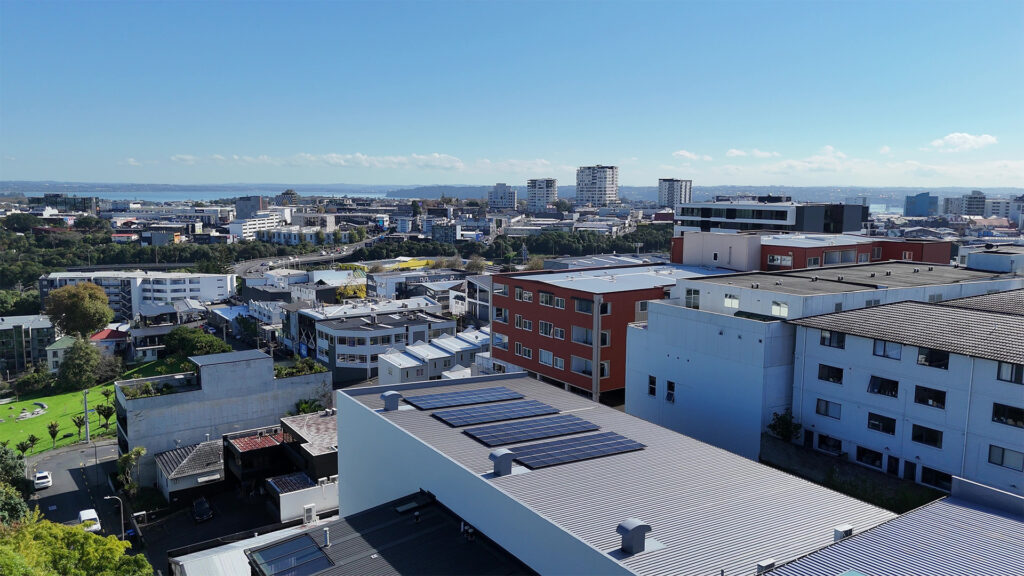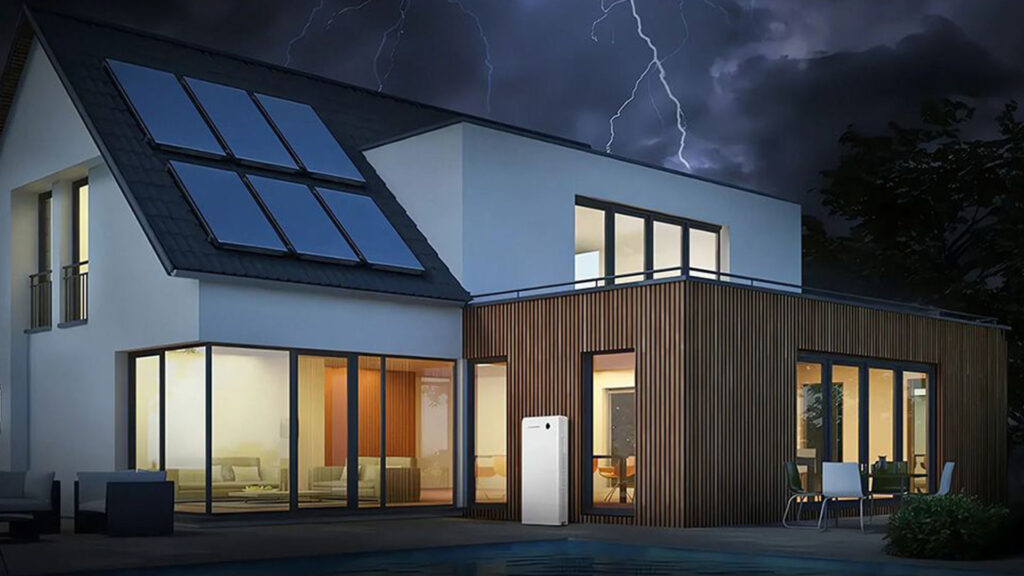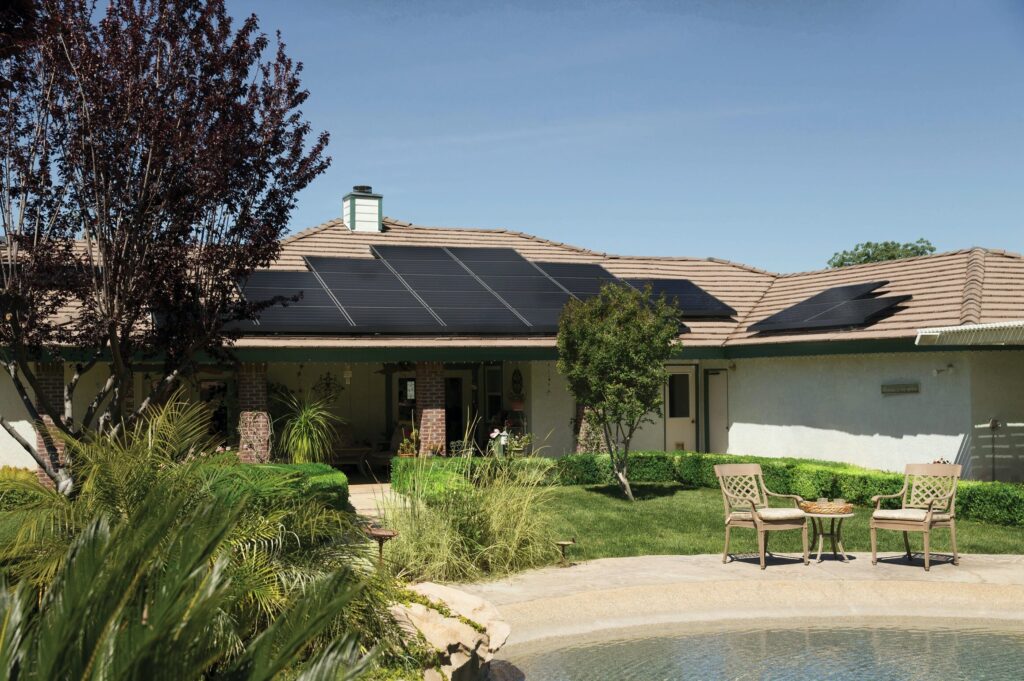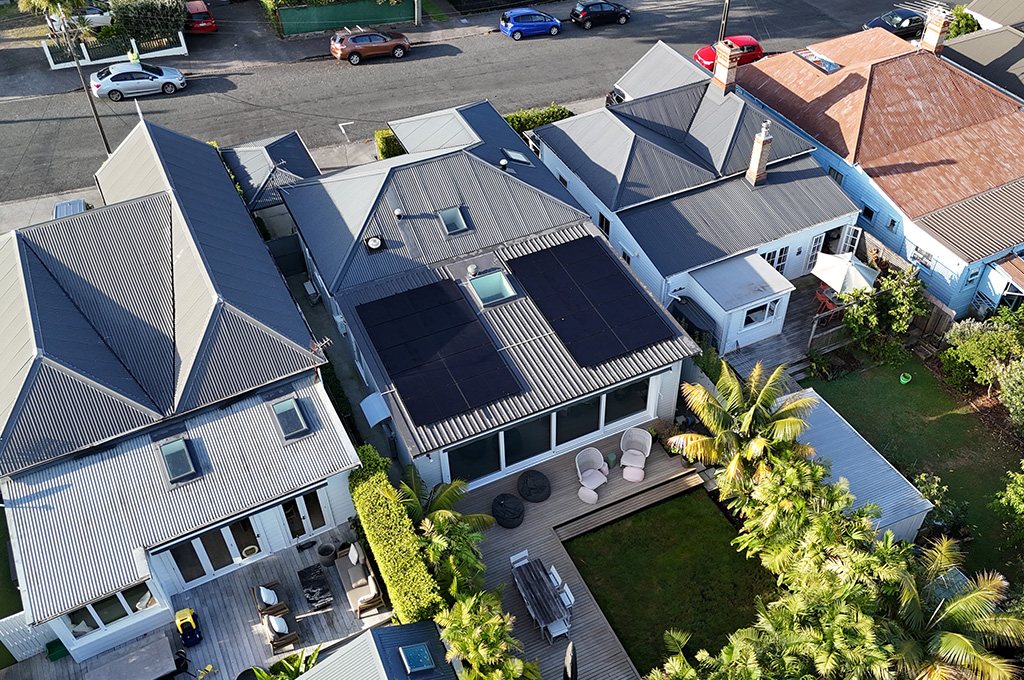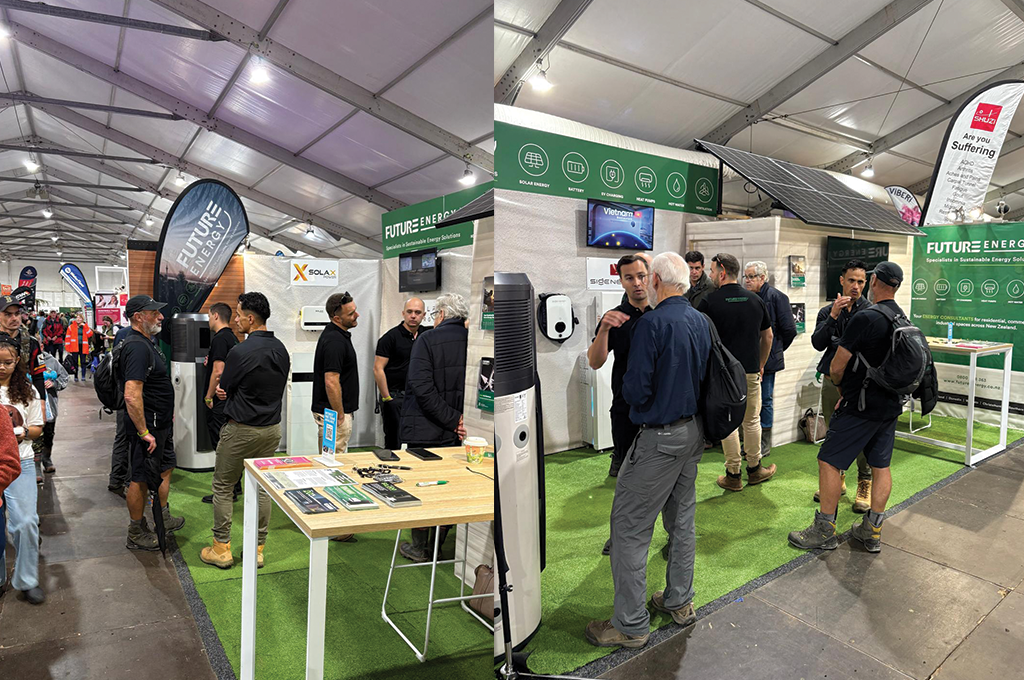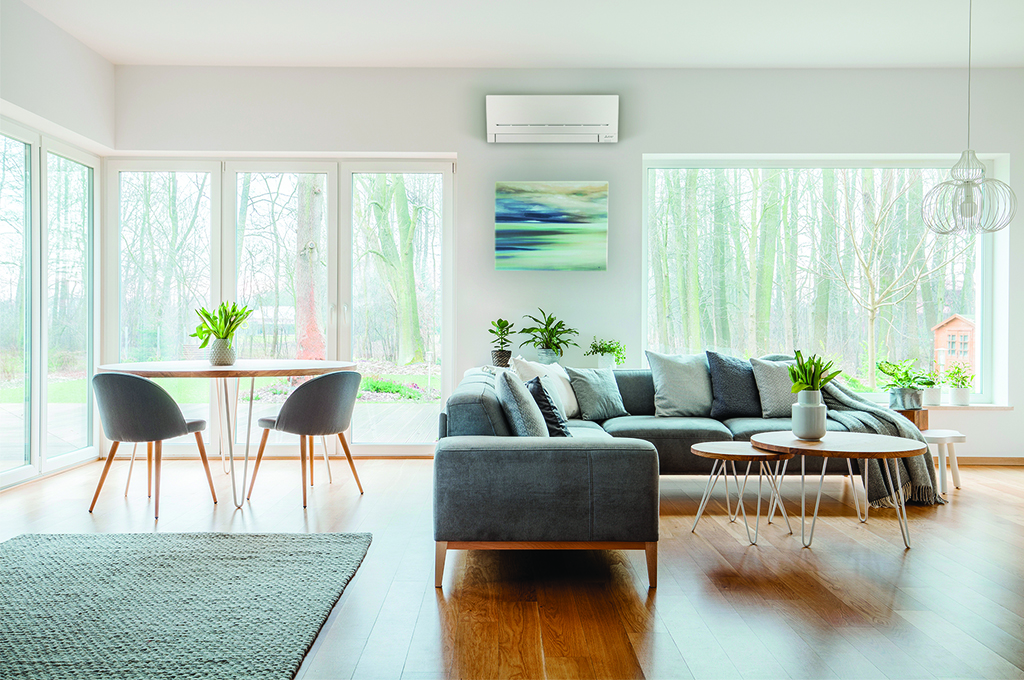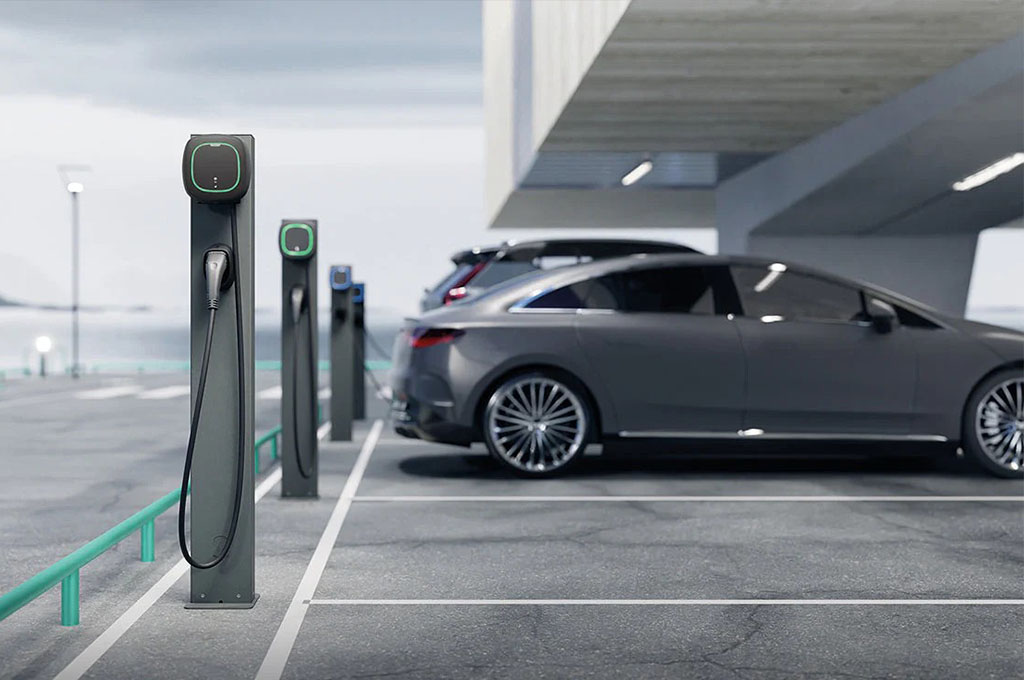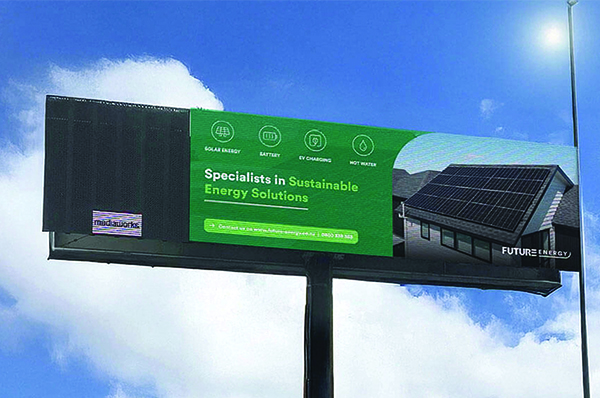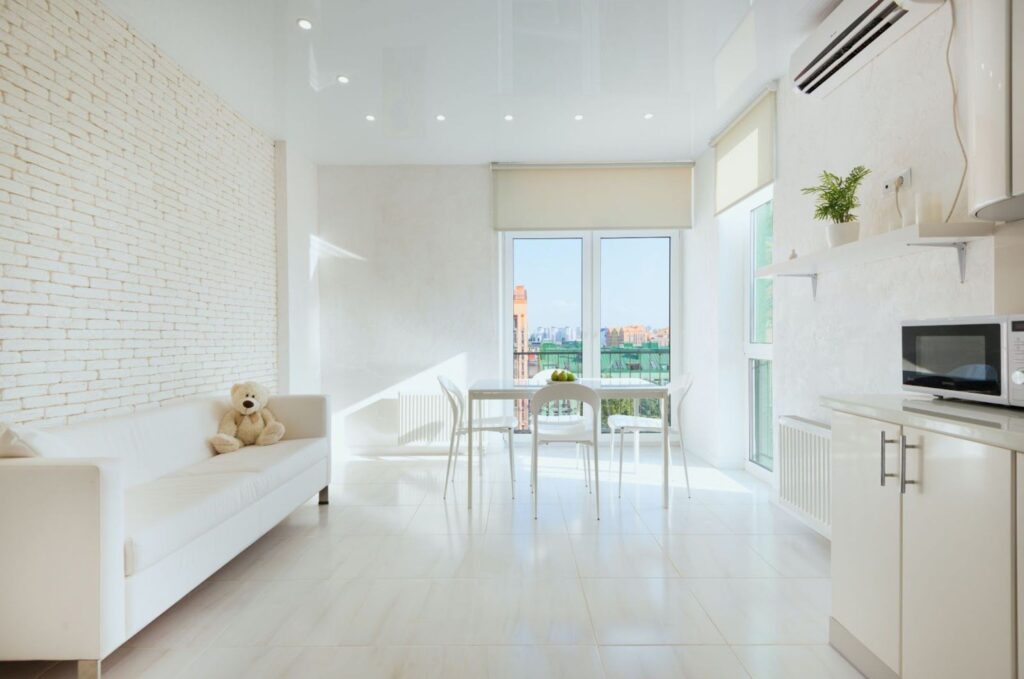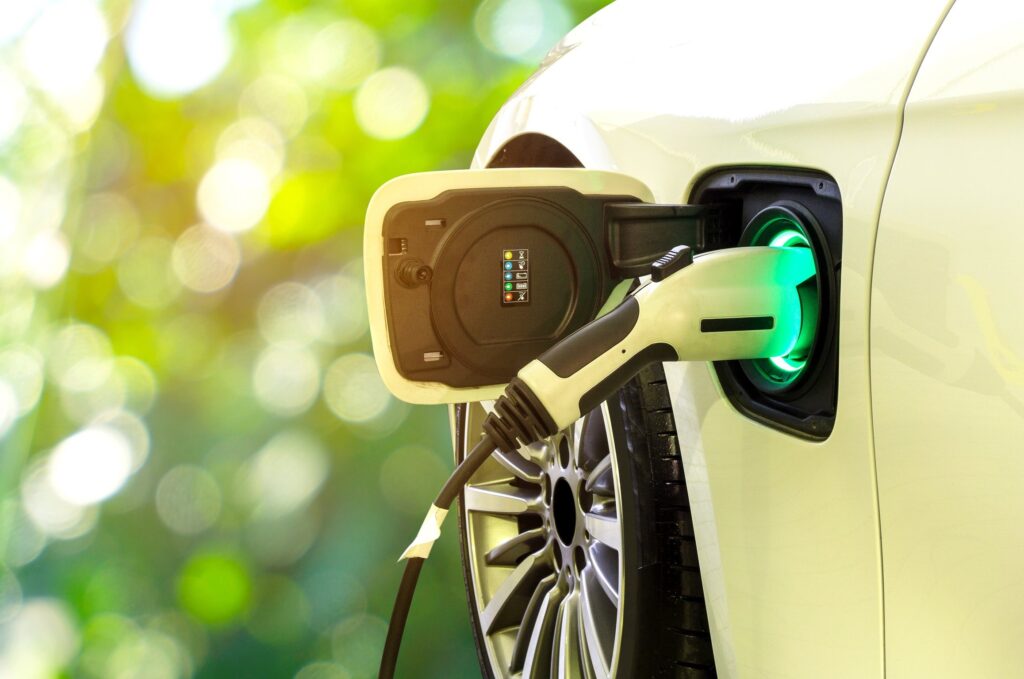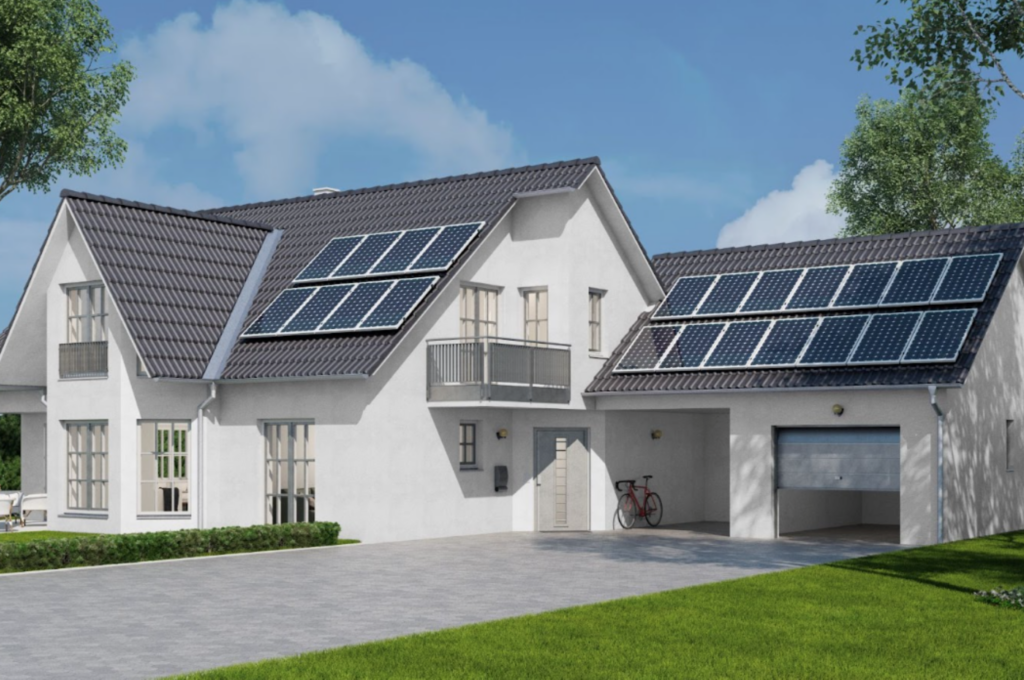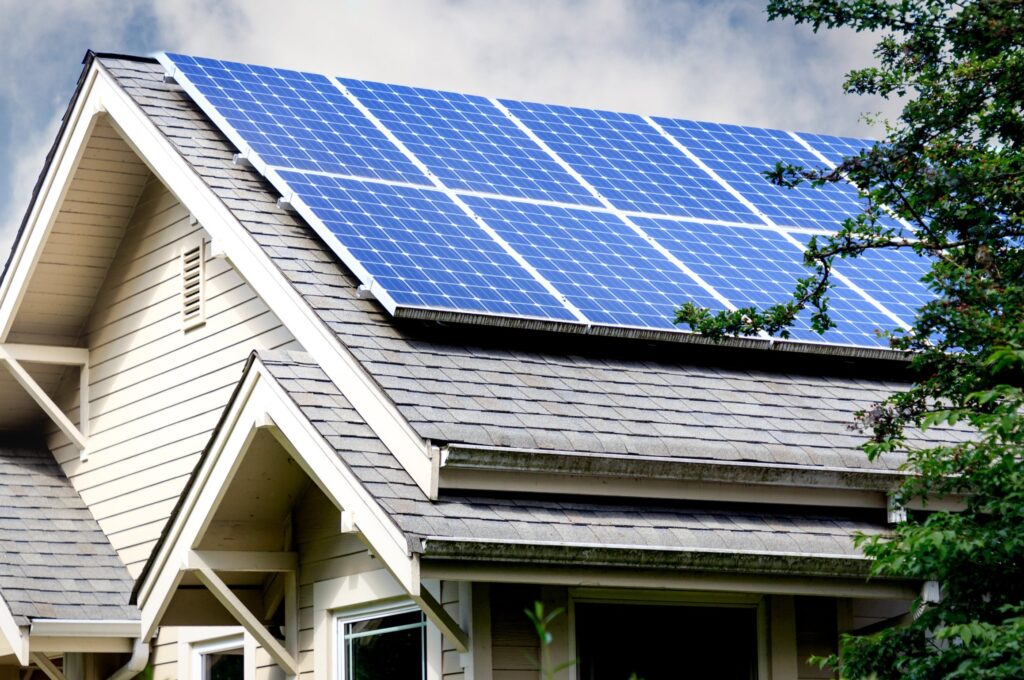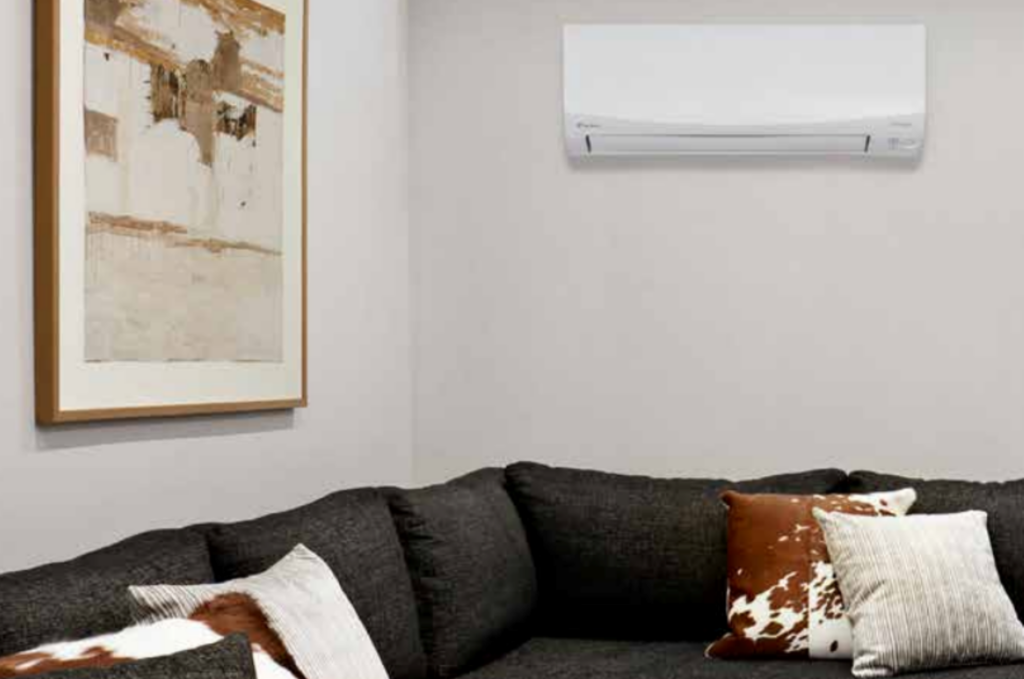New Zealand is known for its breathtaking landscapes and strong environmental values. Alongside this natural beauty, however, electricity costs continue to rise. As a result, more homeowners are seeking ways to take control of their energy use while contributing to a more sustainable future. Home solar panels offer a powerful solution. This guide is designed to help you understand the key considerations before investing in solar for your home.
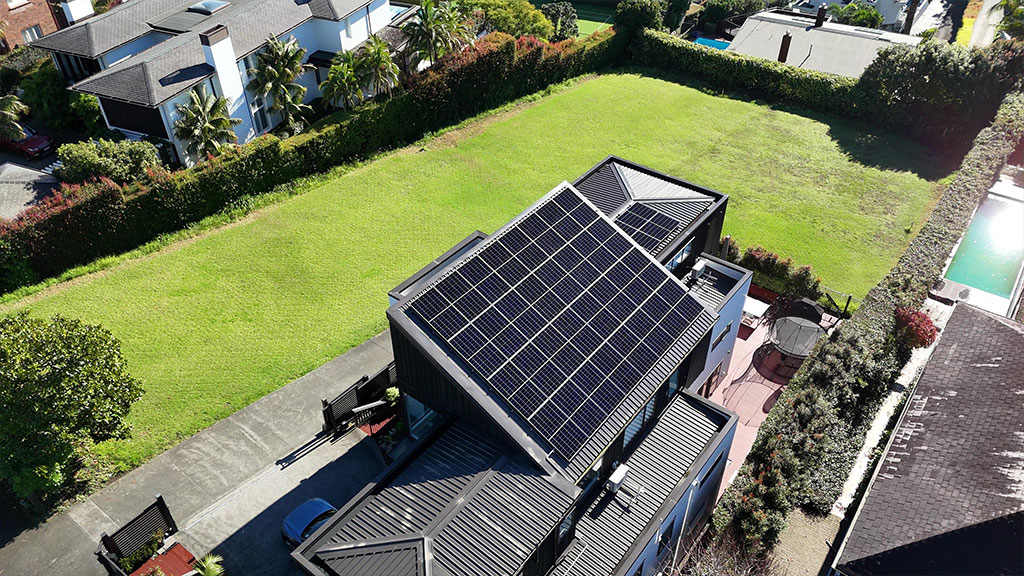
Your Home’s Solar Potential: Key Questions to Ask
Is Your Roof Suitable?
The direction and pitch of your roof significantly affect how well your solar system performs. In New Zealand, a north facing roof is ideal for maximising sunlight exposure throughout the day. However, east and west facing roofs can also be effective, especially for capturing morning or afternoon sun. Most New Zealand roofs are suitable for solar, but Future Energy will assess your roof’s angle, orientation, and available space to provide the best recommendation.
Is There Shade?
Shading is a major factor in solar efficiency. Even a small amount of shade from trees, chimneys, aerials, or nearby buildings can reduce output across the entire system. It is not just about how much shade there is, but also when and where it occurs during the day. A site visit is essential to identify potential shading issues and plan the system layout to minimise their impact.
What’s Your Current Energy Use?
Understanding how much power your household uses will help determine the right system size. Check your electricity bills to find your average daily, monthly and annual consumption. For example, if your home uses around 20 kilowatt hours per day, a 5 to 6 kilowatt solar system may be a good fit. This step ensures your investment is appropriately sized to your needs and avoids over or under spending.
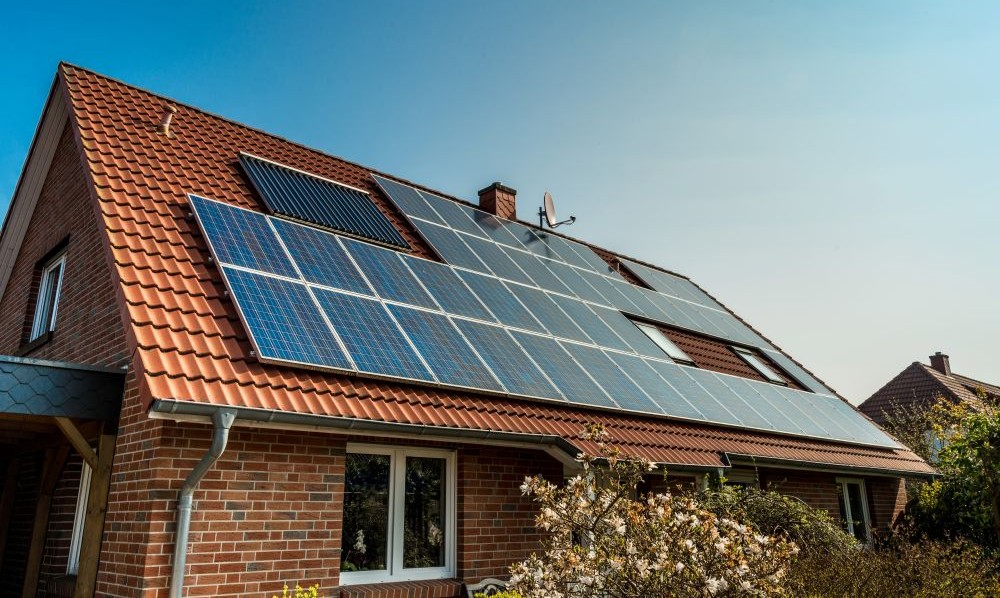
The Investment and Its Return
What Does It Cost?
Installing a quality home solar system in New Zealand generally costs between $8,000 and $30,000. This price includes premium solar panels, a high efficiency inverter, professional installation, and all required electrical work. While the upfront cost may seem high, it is important to treat this as an investment rather than a simple expense.
When Will It Pay for Itself?
The return on a solar system comes through reduced electricity bills over time. With power prices continuing to rise, the average payback period for a well designed solar system is usually between six and nine years. After this point, the energy your system produces is essentially free, resulting in long term savings that can significantly exceed the initial outlay.
Should You Add a Battery?
Although not essential, a solar battery can enhance the value of your system by storing unused electricity generated during the day. This stored energy can be used at night or during power outages, giving you greater energy independence and added peace of mind.
The Untapped Value of Home Solar: Beyond Just Savings
Boosting Property Value
Homes with solar panels are often more appealing to buyers. Research shows that properties with solar can sell at a premium, especially in regions where energy efficiency is a selling point. This added value is an important consideration when weighing up the return on your investment.
Reducing Your Carbon Footprint
Every solar panel installed contributes to a cleaner energy grid. By generating your own renewable electricity, you are helping reduce New Zealand’s reliance on fossil fuels and lowering your household’s environmental impact.
Gaining Energy Independence
Solar energy allows you to take control of your own power production. In an era of fluctuating electricity prices and increasing pressure on the national grid, this kind of independence is both empowering and practical.
Taking the Next Step
Installing solar panels is a smart choice for many New Zealand households. It offers a mix of environmental benefits, long term savings, and greater energy security. Contact Future Energy today for a no obligation assessment and a personalised solar quote tailored to your home and lifestyle.

